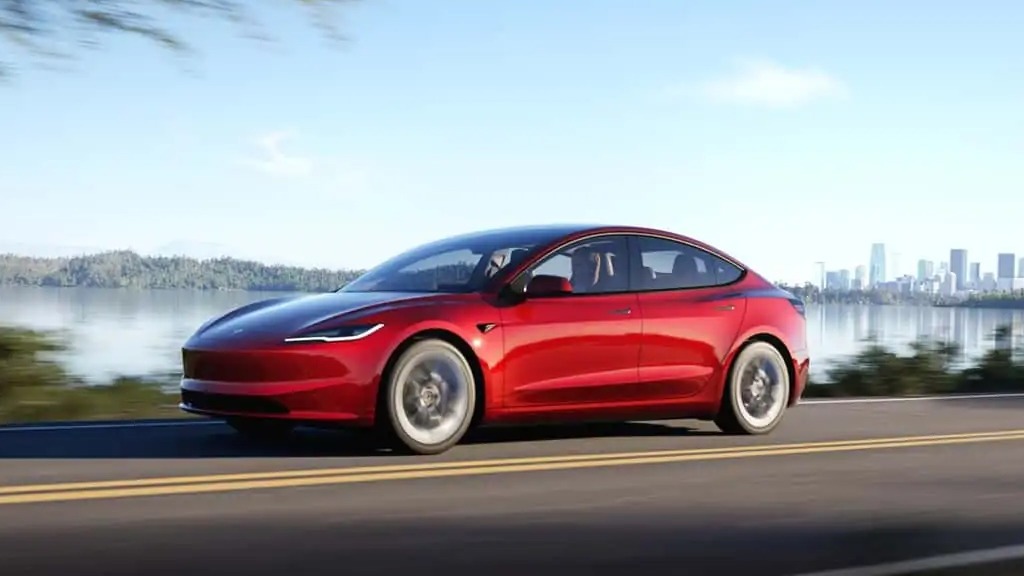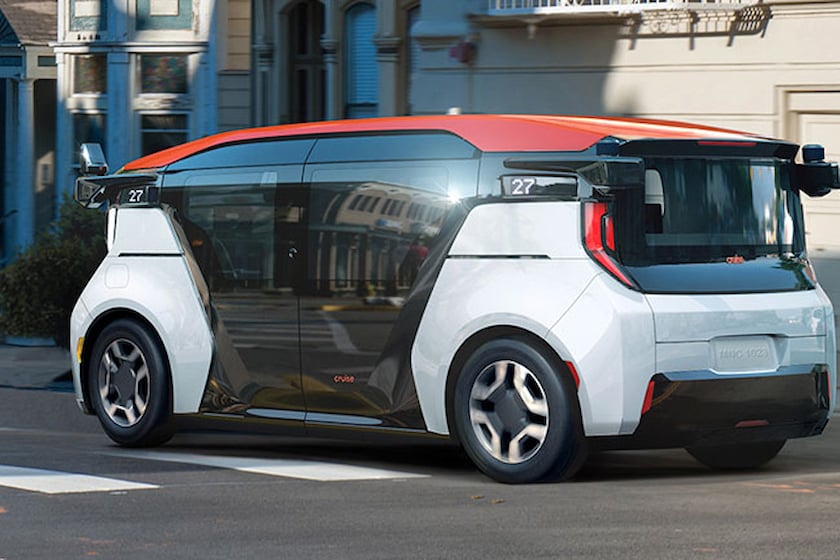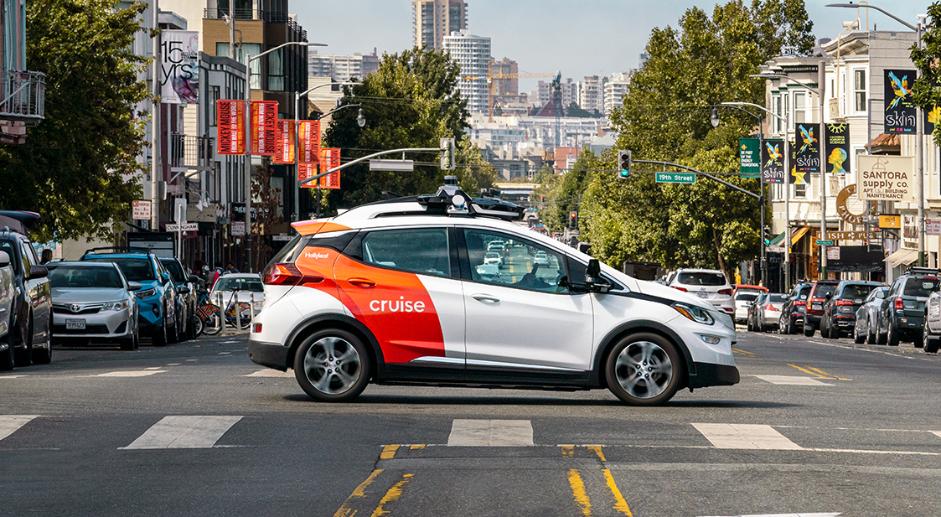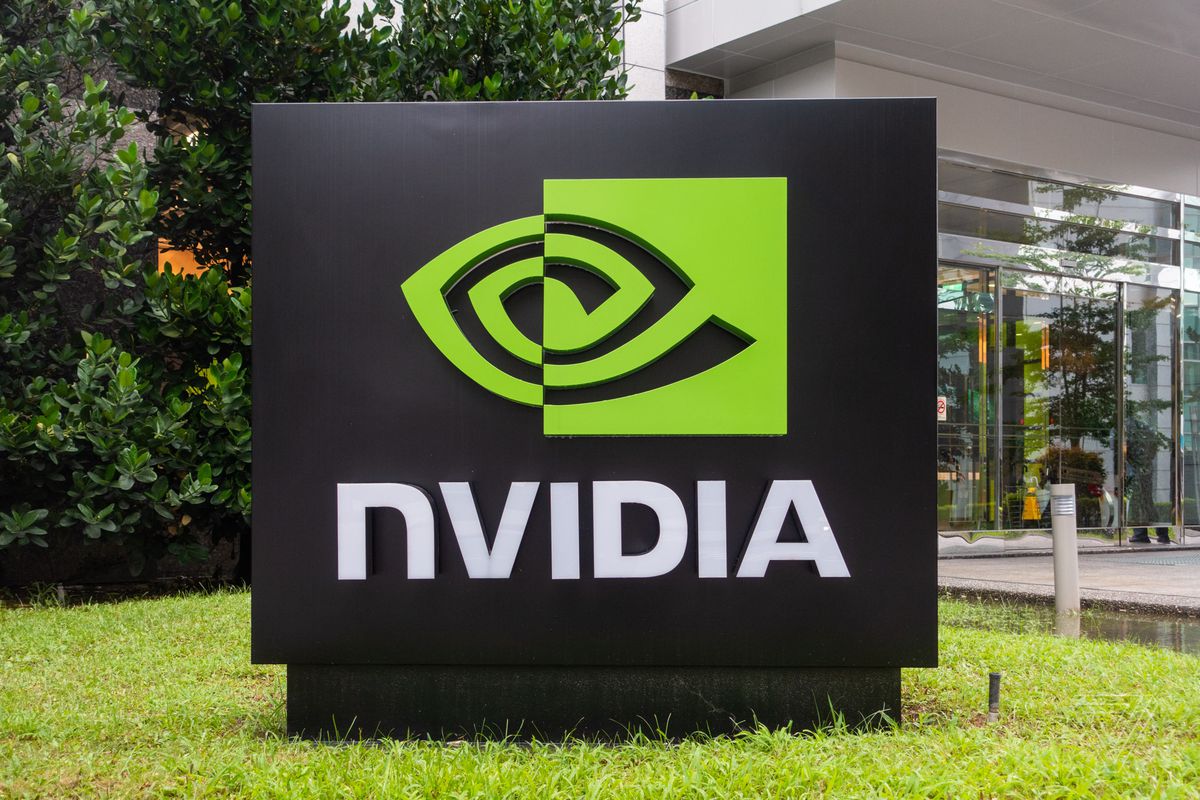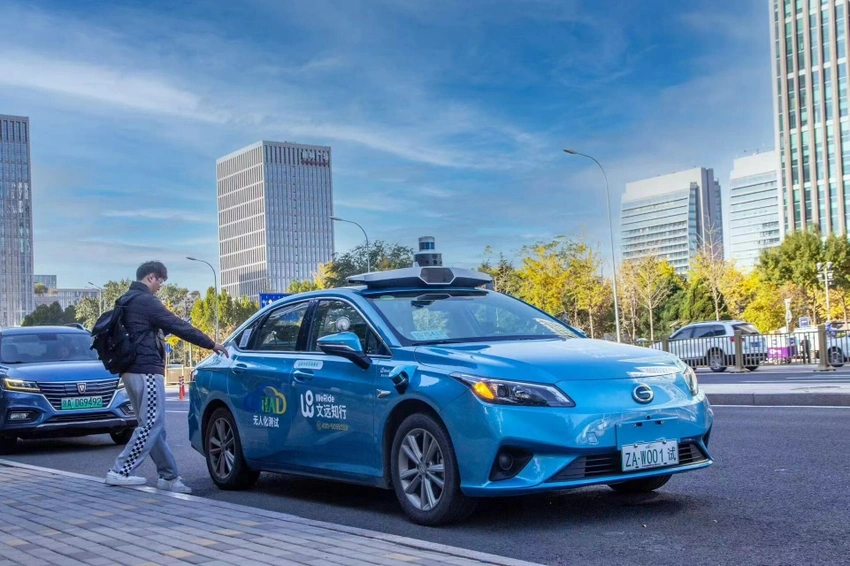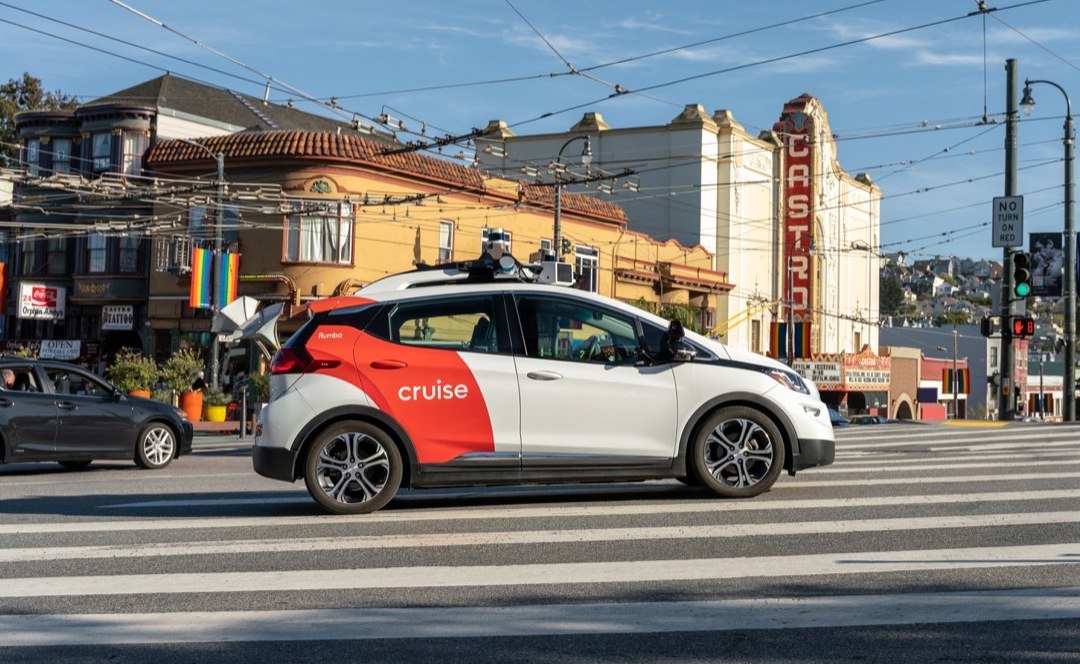In a recent development, a Florida judge has ruled that a plaintiff can proceed with punitive damages claims against Tesla for alleged intentional misconduct and gross negligence related to Autopilot defects. The decision stems from a case involving the tragic death of Stephen Banner, the owner of a Tesla Model 3 that collided with an 18-wheeler truck, resulting in a fatal accident.
Judge Reid Scott, presiding over the case, found “reasonable evidence” suggesting that CEO Elon Musk and other Tesla executives were aware of Autopilot defects yet allowed vehicles to be operated in an unsafe manner. The judge drew parallels with a similar incident in 2016, where Autopilot reportedly failed to detect crossing trucks. He noted that Tesla’s marketing strategy, which implied vehicle autonomy, and Musk’s public statements had a “significant effect on the belief about the capabilities of the products.”
The judge highlighted a 2016 video showing a Tesla vehicle operating without any driver interaction, with a disclaimer stating the person behind the wheel was present for legal reasons only. Judge Scott expressed concern that the video did not clarify that the technology showcased was aspirational or not currently available in the market.
Despite recent rulings favoring Tesla in California, Judge Scott’s findings suggest “alarming inconsistencies” between the automaker’s internal knowledge and its public statements, according to law professor Bryant Walker Smith. The ruling opens the possibility of a public trial where testimony and evidence may shed light on potential discrepancies between Tesla’s awareness of Autopilot issues and its public communication.
The trial, initially scheduled for October, was delayed and is yet to be rescheduled. The outcome of the trial could potentially include punitive damages against Tesla if the judge deems it appropriate based on the evidence presented.

